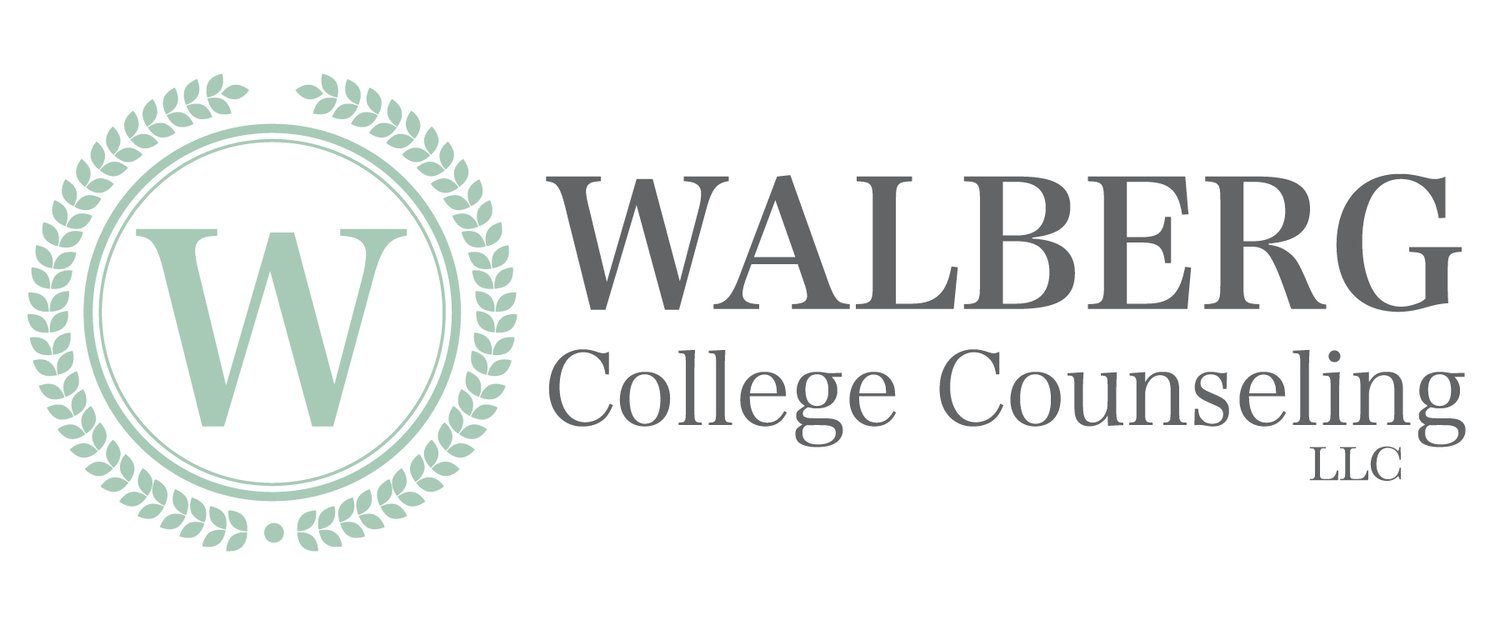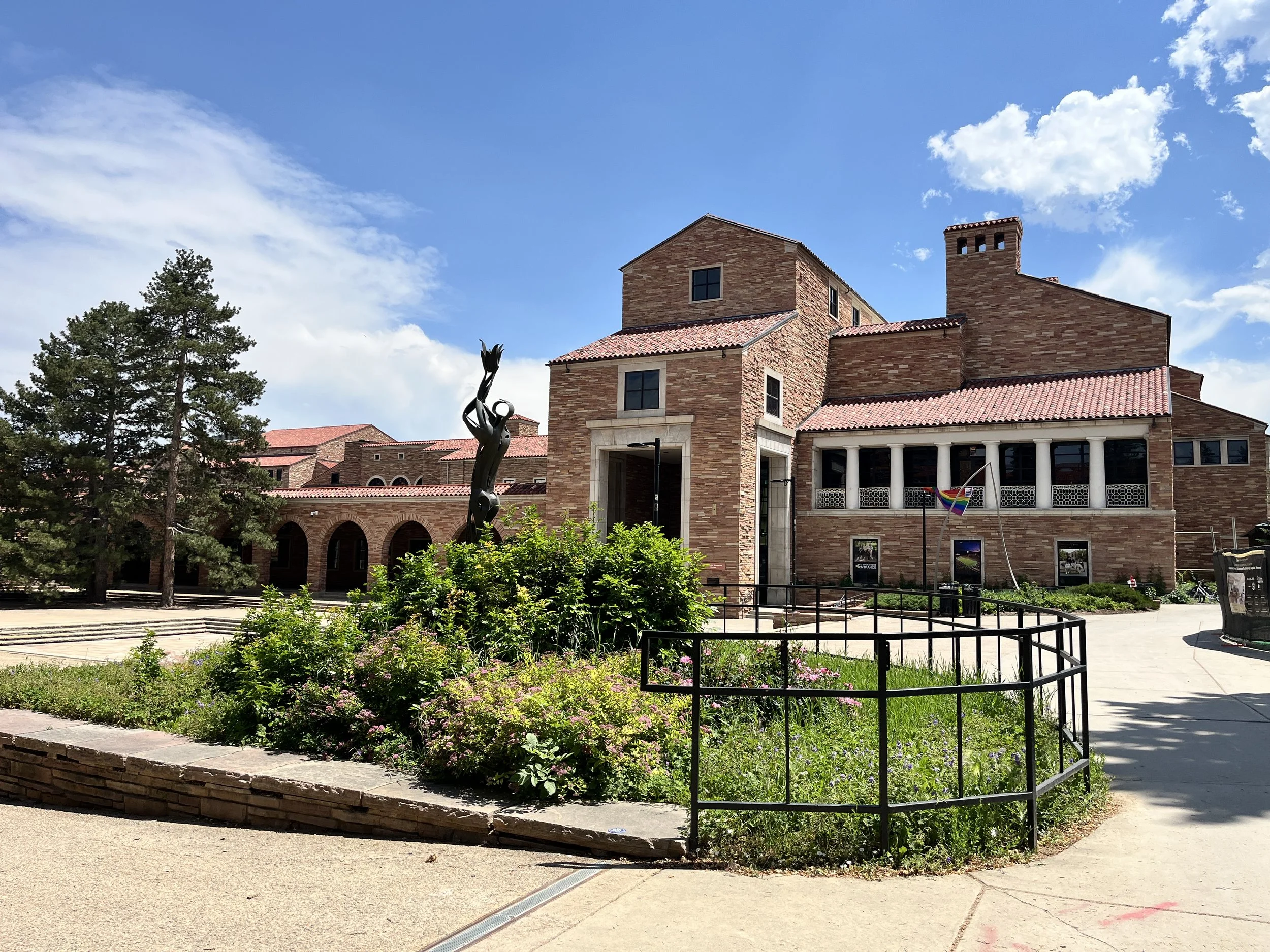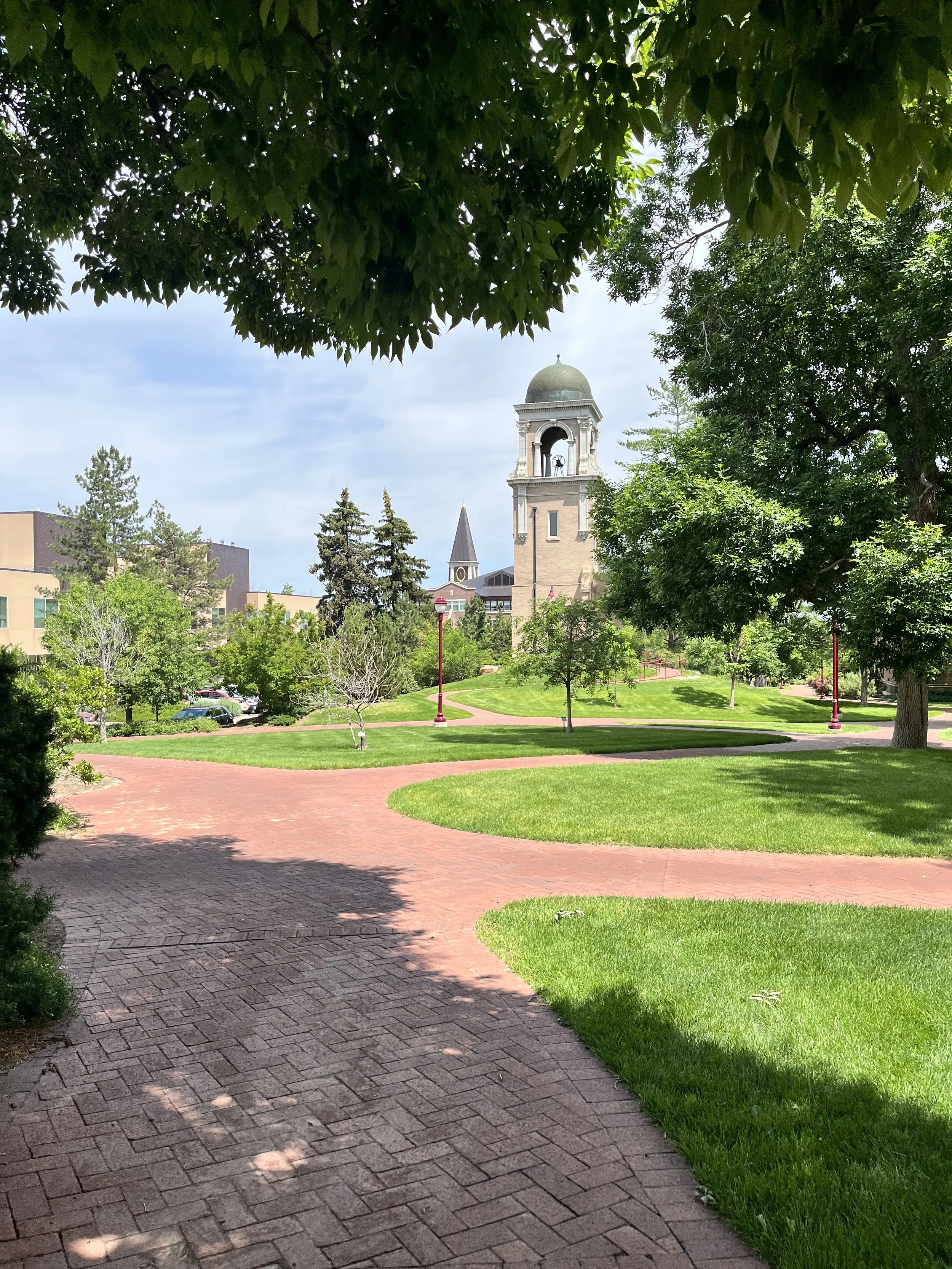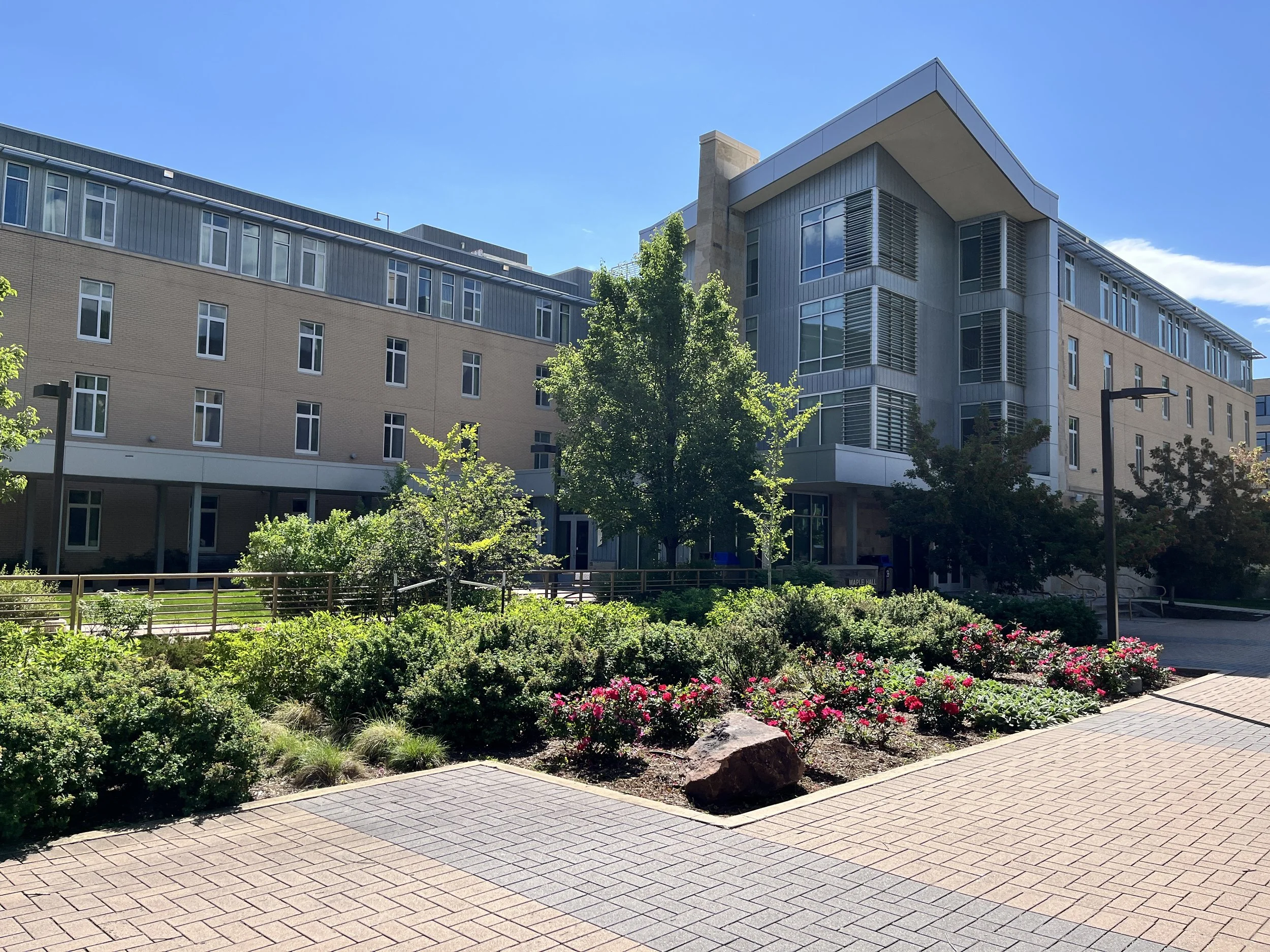Stock image
High school seniors sometimes believe that because they have worked so hard throughout high school, they have earned the right to slack off in their senior year, especially in the last few months. By now, mid-year grades are on their way to colleges, and students may have already been accepted at their favorite school. Why not kick back and enjoy life? We refer to this syndrome as “senioritis.”
However, an offer of admission is conditional, and students are expected to maintain their academic performance throughout senior year. Every year, colleges around the country rescind admission offers, meaning a student’s acceptance is withdrawn after it has been granted, most often because final grades, behavior, or information reported on the application no longer meet the college’s expectations.
You are admitted to a college based on the information in your application. If there are any changes, you should notify the college. If you have dropped a class that was listed on the transcript you submitted to colleges, your application has changed. Colleges receive your final transcript during the summer, and you don’t want to find out in July that you no longer have a place in the freshman class.
It is much better to be honest and explain why you dropped the class or why your grades have gone down. If the drop in academic performance is severe enough to jeopardize your acceptance, admissions officers can advise you on how to salvage your admission.
There’s another reason to keep working hard in school. It makes the transition to college-level work easier. That’s one of the advantages of taking AP, IB, or dual-enrollment courses if qualified, which require a high level of commitment throughout senior year in order to prepare for AP exams in May. The anti-slacker curriculum built into AP classes will help you adjust to college coursework more easily.
If you start procrastinating during senior year, it’s difficult to get back to good study habits when you arrive at college, where there will be distractions and no parents reminding you to finish your history paper before you go out for pizza with your friends.
While you do need to keep your grades up, making sure you have some fun will help you avoid burnout. Summer is less than six months away, and you will have plenty of time to play before you go off to college.
It’s not only lower grades that can torpedo an offer of admission. While spray painting the school gym might seem like a fun prank to you and your friends, a disciplinary issue can also mean the end of your college acceptances.
Students who keep senioritis under control will get their reward when they embark on the great adventure of college in just a few months.




















